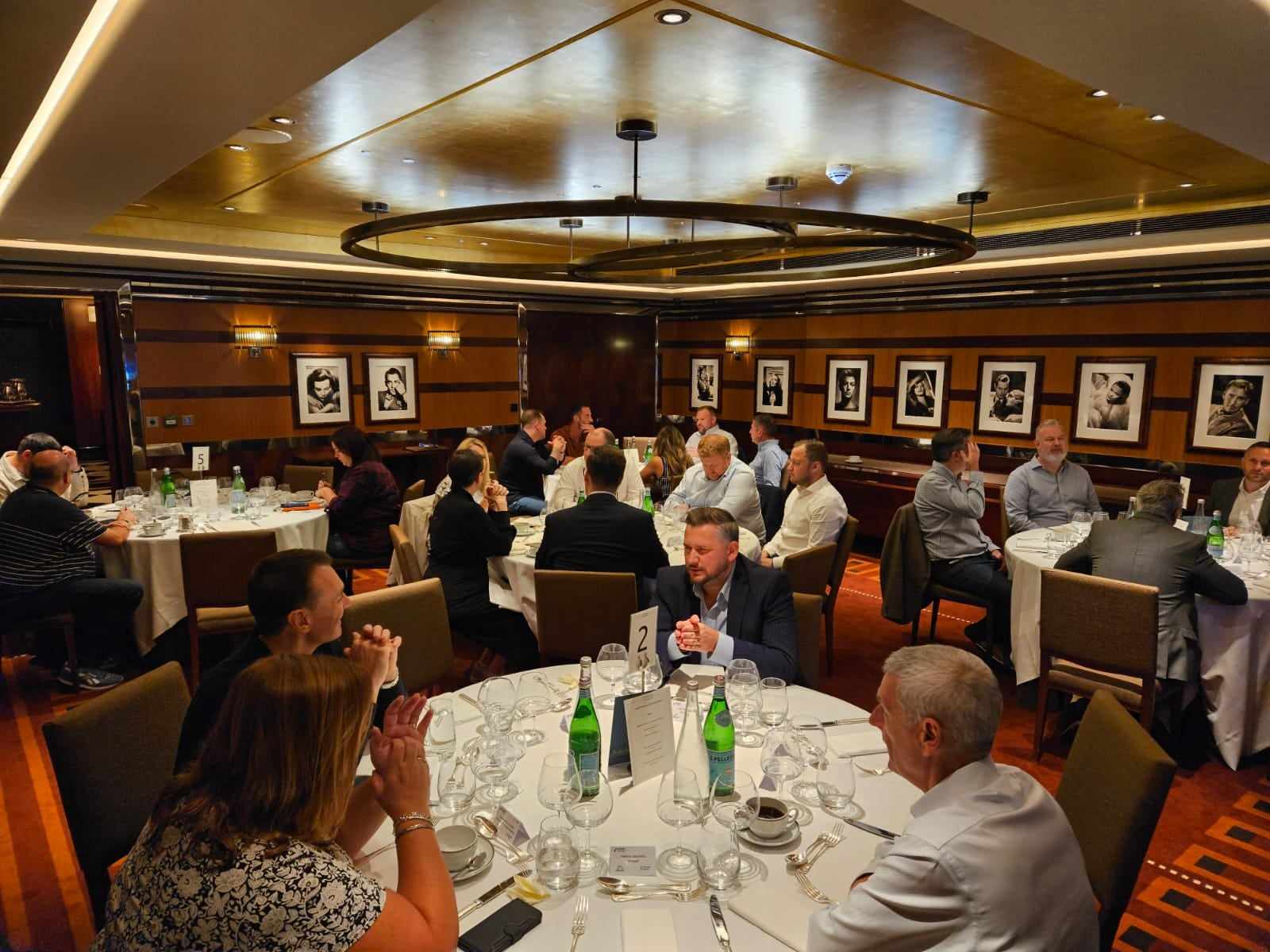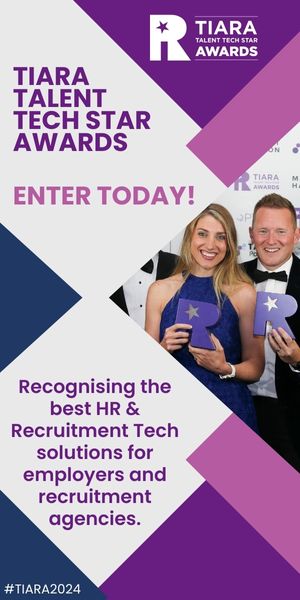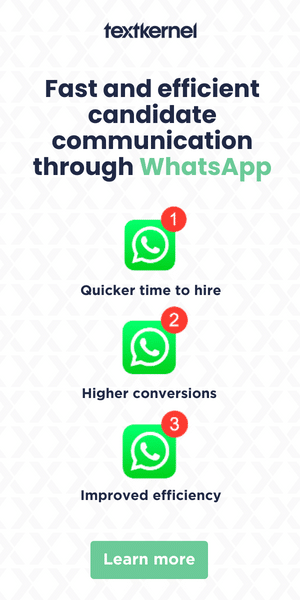How are AI, Analytics and Automation transforming recruitment? Alex Evans, MD of TALiNT Partners invited three industry experts to share their predictions and practical insights
The UK workforce is shrinking and hiring confidence is cooling as interest rates rise, vacancies decline (now below a million) and unemployment slowly climbs (up 0.5% over the last quarter to 4.3%). Over 21% of the UK workforce is now economically inactive, 9m people according to the ONS, with 80% of employers unable to find the right skills according to Manpower’s most recent Employment Outlook.
With employers more inclined to train and upskill rather than recruit, better use of data and automation is enabling recruiters of all sizes to meet new client expectations; but how can AI and analytics be better optimised to give recruiters a competitive edge?
On 15th September, TALiNT Partners invited 30 staffing leaders to hear about new drivers of transformation from three industry thought leaders. This included perspectives on how to maximise the cloud and minimise cyber risk from Leon Penny, MD of SynergyGroup; predictions on how AI will impact roles as well as solutions from Chris Kendrick, CEO of Mercury; and practical insights on where AI is already enhancing recruitment from Jez Clarke, CEO of Eden Smith Group.
Kicking off the session, I asked SynergyGroup’s Leon Penny where he has seen the biggest drivers for adoption of cloud-based automation in recruitment and where it is having the greatest impact.
“The move to hybrid working and hot desking – to reduce office size and increase flexibility for workers across regional and global geographies – has created the need for better performance analytics and processes for remote starters and leavers,” he explained. “New recruits need to be able to hit the ground running without the need for on-site engineers – with business-critical cloud-based apps being ready to go on day one.”
Remote support
Cloud-based solutions are more cost-effective for SME recruiters who can outsource IT & Telephony to providers like Synergy. “It’s one-throat-to-choke without the need for an expensive CTO and enables leaders to focus on growing their business, not dealing with tech issues or being piggy in the middle with multiple vendors,” said Leon. “It means you can offer remote worker IT support more cost-effectively and to a standard that gives the best perception of you as an employer.”
“Cloud-based solutions are more cost-effective for SME recruiters who can outsource IT & Telephony”
AI is helping to improve call quality by monitoring all calls, assessing them against a company blueprint and identifying areas of improvement. “This saves time supervising ‘rookies’ with snippets of good and bad examples enabling data driven decisions to be made to ensure you are maximising your investment in trainees. It also provides end to end visibility of multi-media interactions across SMS, WhatsApp, email and phone to enable highly personalised, repeatable, consistent interactions aligned with company values.”
Leon also highlighted the importance of cyber risk, particularly in context of M&A, to avoid eleventh hour issues around data and personnel that might jeopardize a deal.
“We’ve seen an increase in denial-of-service issues, which everyone is susceptible to, because it’s the responsibility of the ISP/Router, but phishing attacks can be mitigated by training your team to be human firewalls,” Leon recommended. “Supply chain attacks are a hot topic because higher levels of insurance cover are being required, with £10m to £20m not unusual. There is a risk of being refused insurance, which could make it more difficult to pass procurement and retain clients. SynergyGroup has a cyber health check to access higher levels of cover and we are often introduced to clients who have failed underwriting to help them fix their issues and get access to cover.”
It’s support around leavers that recruiters should be maximising with cloud-based data and analytics, especially those leaving to join a competitor or become one. “Every email is backed up to avoid malicious or accidental deletion,” adds Leon. “You can suspend or wipe devices if you suspect that a top biller is consolidating contacts and set up alerts to block access. You can use data to back up a decision to fire them or use the insight to persuade them to stay and become a growth leader in your business.”
AI enablers
Automation is helping to transform recruitment as the barriers to adoption are being overcome. “There are no cost or time barriers to AI solutions which are pre-built, so recruiters just need to get their data in order from multiple places,” observed Chris Kendrick, CEO of Mercury. “Applications are enriching data for job ads, checks & efficiency, such as transcribing calls and follow up actions, drafting emails, and automating tailored candidate introductions to different employers.”
So how will AI transform recruitment in the future? “Whilst AI will replace roles it will enhance others,” Chris added. “Sourcing can be automated at scale, for example, so recruitment leaders will need to present this as an opportunity, not a threat. It’s about winning higher value business, switching focus from candidate to client, focusing on the right kind of business and avoiding unprofitable projects.
“Recruiters will need to invest more in marketing and story-telling capability, and those who can turn data and analytics into actionable insight.”
Larger recruiters are investing in AI for retention of their own talent by helping them win higher value business and making them think twice about losing access to data that helps to position them as strategic advisors. “Clients are forcing larger agencies to invest more in data solutions and expect partners to be able to manage scale flexibly, up and down. It’s harder to start up in staffing without tech support and punch above your weight without having enough weight in the first place.
“The best thing recruiters can do now to prepare for the evolution of recruitment is to get their data in order and design a data strategy to support AI-driven, scalable solutions.”
“It’s support around leavers that recruiters should be maximising with cloud-based data and analytics”
Data strategy
Eden Smith has grown from a background in sustainability and an analytics blueprint, so how has this supported the adoption of AI in its consulting services? “We have been careful to begin with basic level adoption to ensure we have a human lens on data and AI to increase quality and reduce bias,” said Jez Clarke, Co-founder & CEO of Eden Smith Group.
“You need quality training data to productise AI but with a cautious and ethical approach. It’s helped us to identify new opportunities and share them around the business. We’re using auto lead generator for thought leadership, market content creation and better job specs.”
Where does Jez see AI having an impact in the future, and how is he preparing for it? “We are focusing on data strategy and integration of data to enable AI,” Jez explained. “This will give us more client data to show higher retention and inclusion of the talent we have sourced to better match them as employers; it’s helping us to focus on the right, higher margin areas and price our solutions accurately; and it’s enabling us to map capability to decide whether to train or recruit – or identify new and emerging skills.”
A shrinking workforce means recruiters are fishing in the same pool with fewer fish, so better use of talent insight and AI is vital to survive and thrive, now and in the future.












